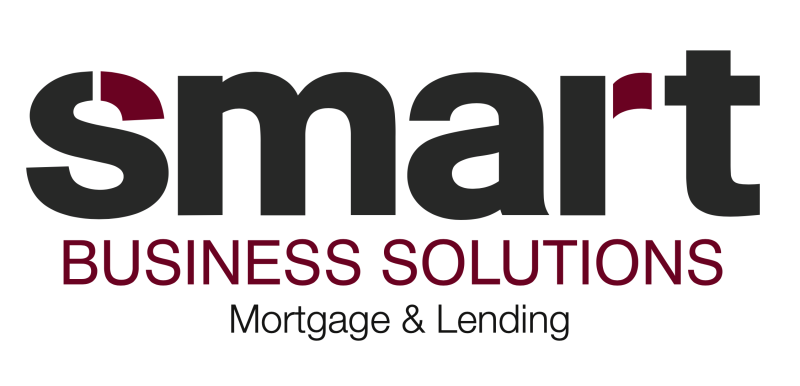Buying your First Property
Before you start looking for a home there are several key details to consider such as:
Your Mortgage Professional can provide you with a lot more information including facts on buying at auctions, funds
required to settle your mortgage, the mortgage process and a detailed First Home Owners Guide.
Your Mortgage Professional will also explain the whole process to you and will guide you and support you through the entire lending
transaction. Having the right person to assist you can make the world of difference when buying your first property.
This is general information only and is subject to change at any time. Your complete financial situation will need to be assessed
before acceptance of any proposal or product.


.jpg)



